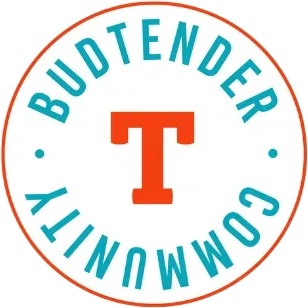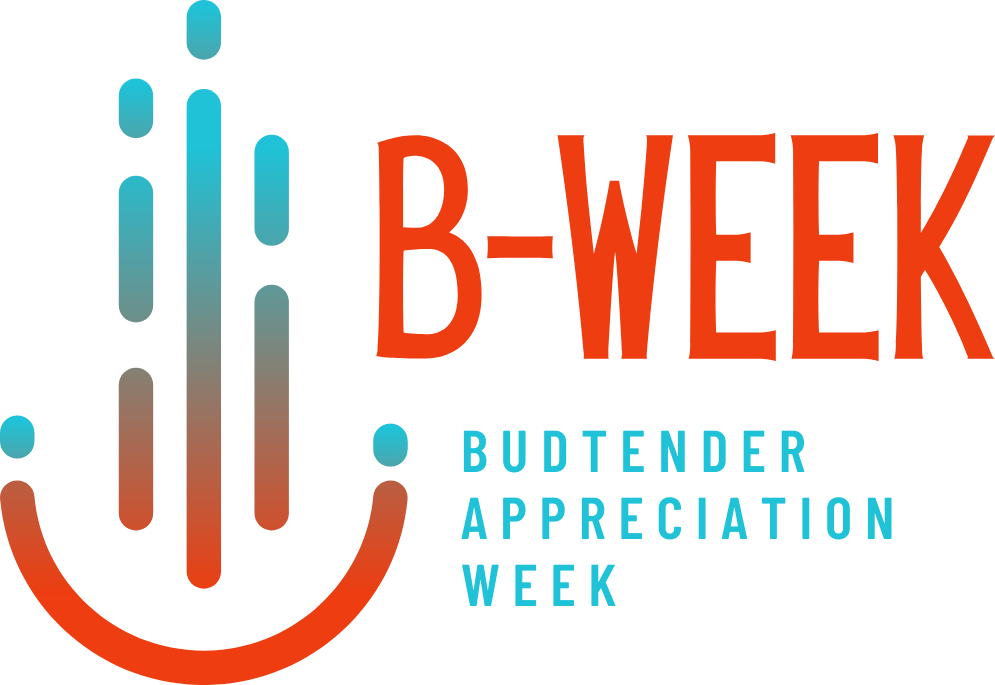America was one of the first countries on the globe to adopt cannabis reform and repeal prohibitionist cannabis laws, at least at the state level. The country is now home to the largest cannabis markets on the globe and earns billions of dollars annually from fees and cannabis sales.
Twenty-four states already allow recreational cannabis sales, but several of them passed adult-use cannabis policies in the past couple of years and are still working out the kinks in their markets. However, players in some of America’s youngest recreational cannabis markets are grappling with increasingly stringent rules and regulations that have the potential to stifle their growth. The cannabis industry is already known for its strict rules and numerous fees, which often raise the cost of business and make it hard for businesses to turn a profit.
However, newer markets are taking it a step further with outright bans on certain cannabis products and harsh limitations on marketing, product design and packaging as well as much lower potency caps. Consequently, cannabis operators in young markets such as Maryland, Arizona, New York and Missouri are now facing new policies that could increase the already high cost of business even further and cripple these markets before they can truly soar.
Missouri’s recreational marijuana market is looking at another potential inventory shortage as dozens of manufacturers and brands wait for hundreds of thousands of their product stock-keeping units to receive approval. This expanding backlog, which prevented many brands from entering Missouri’s adult-use market, is due to child safeguards included in new packaging rules that were published in July.
Marijuana product manufacturers in Missouri have been waiting for several weeks now after the Missouri Department of Health and Senior Services (DHSS) passed guidelines limiting cannabis packaging to a single primary color and up to only two symbols or logos featuring different colors.
Operators in New York are also struggling to follow newly passed packaging rules for recreational cannabis while businesses in Maryland have barely any room to market their brand, retail stores or cannabis products on most conventional marketing channels.
Cannabis regulators in Maryland have also banned the sale of cannabis elixirs and concentrates, which are best-sellers in other recreational markets. They also passed capped THC levels in individual edibles at 10 milligrams and 100 milligrams per package. According to Wendy Bronfein, the cofounder of Maryland cannabis operator Curio Wellness, the current environment simply isn’t conducive to business.
For companies that may be looking to expand into different markets, such as Aurora Cannabis Inc. (NASDAQ: ACB) (TSX: ACB), the tightening restrictions being imposed on the new markets may be a serious matter of concern.
About CNW420
CNW420 spotlights the latest developments in the rapidly evolving cannabis industry through the release of two informative articles each business day. Our concise, informative content serves as a gateway for investors interested in the legalized cannabis sector and provides updates on how regulatory developments may impact financial markets. Articles are released each business day at 4:20 a.m. and 4:20 p.m. Eastern – our tribute to the time synonymous with cannabis culture. If marijuana and the burgeoning industry surrounding it are on your radar, CNW420 is for you! Check back daily to stay up-to-date on the latest milestones in the fast -changing world of cannabis.
To receive SMS alerts from CNW, text CANNABIS to 888-902-4192 (U.S. Mobile Phones Only)
For more information, please visit https://www.CannabisNewsWire.com
Please see full terms of use and disclaimers on the CannabisNewsWire website applicable to all content provided by CNW, wherever published or re-published: https://www.CannabisNewsWire.com/Disclaimer
CannabisNewsWire
Denver, CO
www.CannabisNewsWire.com
303.498.7722 Office
Editor@CannabisNewsWire.com
CannabisNewsWire is powered by IBN



















